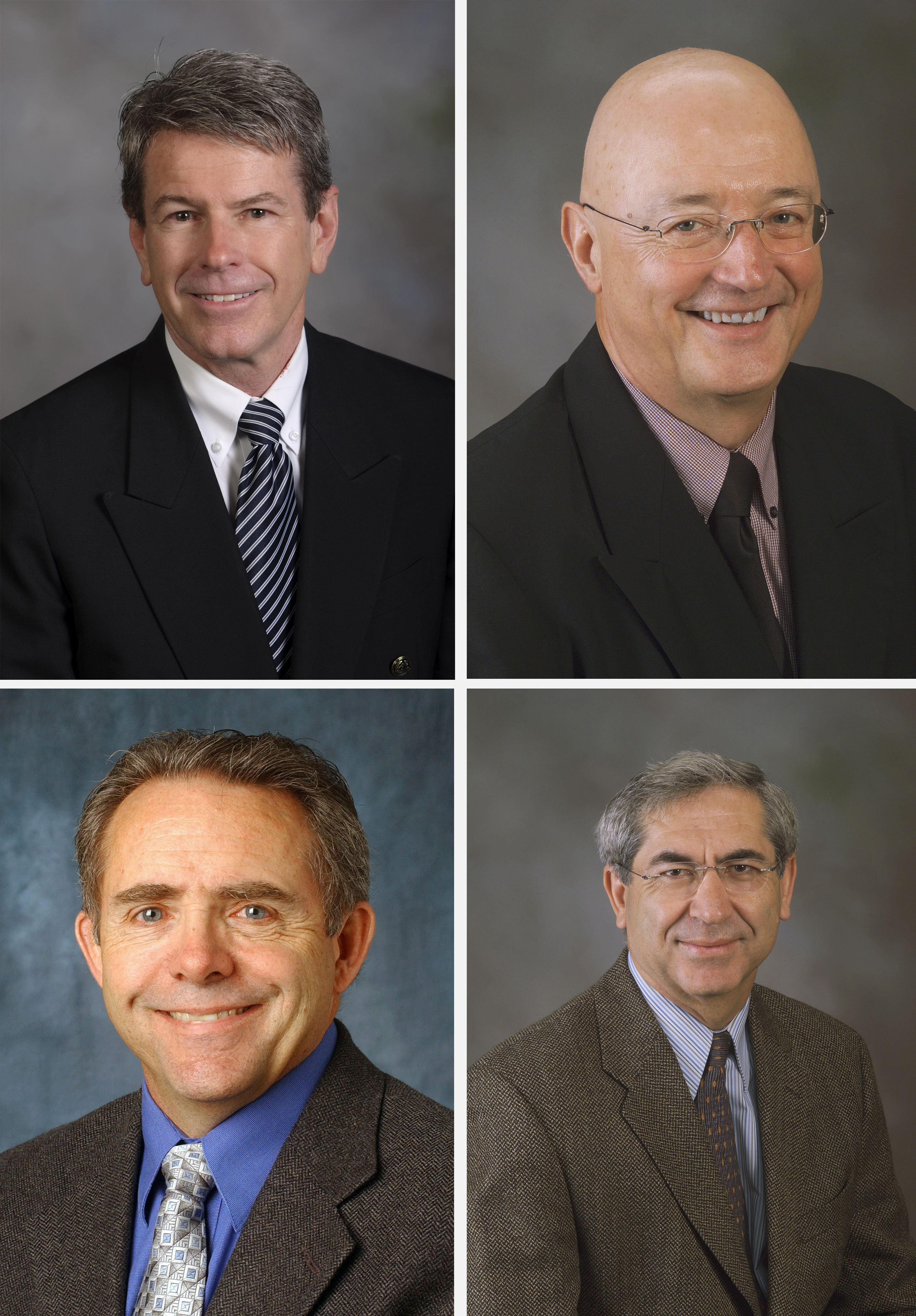Pamplin College faculty listed among the world's top 50 tourism scholars

The world's top 50 tourism scholars include hospitality and tourism management faculty at Virginia Tech's Pamplin College of Business, according to a study published recently in "Tourism Management" journal.
The most influential scholars in tourism studies are those individuals “who have made and continue to make the greatest contributions to tourism research,” wrote the study’s author, Bob McKercher. “Their efforts shape what we know about tourism, how we think about it, and importantly, how we research it.”
His study, “A citation analysis of tourism scholars,” identified the most frequently cited tourism scholars in two periods, 1970-2007 and 1998-2007. Pamplin professors Muzzo (Muzaffer) Uysal, Richard Perdue, and Ken McCleary were listed, along with professor emeritus Michael Olsen, who retired last year.
Uysal, who had 1,307 citations during the 1970-2007 period, does research in the areas of tourism demand/supply interaction, marketing and international tourism, and quality-of-life issues in tourism. He is co-editor of "Tourism Analysis" journal.
Perdue, with 791 citations, studies service marketing and management in resort settings, experiential aspects of tourism, and resort tourism development. Perdue, who heads the department, is editor of the "Journal of Travel Research," chair of the board of the International Academy for the Study of Tourism, and a member of the board of the Travel and Tourism Research Association.
McCleary, who had 745 citations, specializes in marketing strategy and consumer behavior in the hospitality industry, wine and winery management, and cultural tourism. Olsen, with 556 citations, does research in strategic and financial management of the global hospitality industry.
McKercher, of Hong Kong Polytechnic University’s School of Hotel and Tourism Management, used Google Scholar and Publish or Perish software to analyze citation counts. He found a total of 58 tourism academics with at least 500 citations each for their books and journal articles published in 1970-2007. During the 1998-2007 period, he found 48 scholars with at least 250 citations each.
Tourism scholars, McKercher said, have been largely excluded from most citation systems that have identified influential academics through impact or citation scores. Though tourism scholars have generated “proxy indicators using lists of prolific authors with the assumption that productivity equates to impact,” his study, he says, suggests that Google Scholar and Publish or Perish may be an alternative means to develop impact scores for tourism scholars.




